J-horror has a wide base of Japanese mythology and urban legend to draw upon, but even when tackling more universal subjects like ghosts or serial killers, this subgenre often wears its stylistic and thematic influences on its sleeve.
RELATED: Best Horror Films Based On Video Games (According To IMDb)
Unsurprising for the nation that brought the world Kurosawa and other luminaries of direction and cinematography, Japan brings some uniquely qualified films to the horror genre. Whether drowned in gore or with nary a drop of blood, J-horror holds its own in the dark arena of scary cinema. The shadow of 90s J-horror is long, casting itself over international cinema for decades to come.
School Mystery
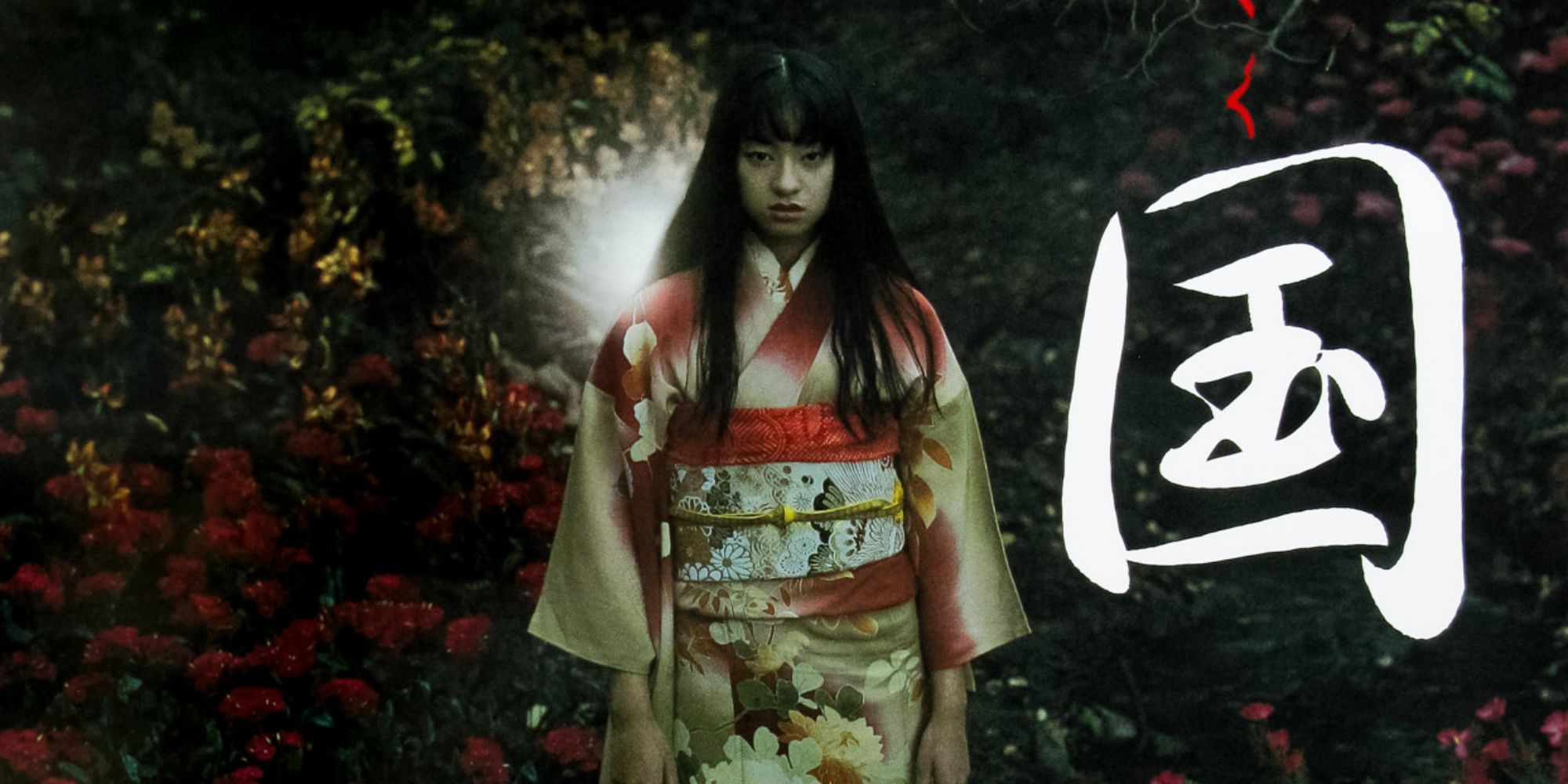
Also released under the glorious title Phantom of the Toilet, 1995's School Mystery is about a haunted high school bathroom. While this may not be the traditional setting for a haunted house film, School Mystery capitalizes on its school environment, keeping its young characters under a constant, looming threat as they investigate the haunting. A second version, released in 1998, also stars the excellent Maeda Ai, although playing an altogether different character.
Based on an actual urban legend, School Mystery is quiet and unsettling. A Japanese language film with English subtitles, it features slow-burn atmospheric horror rather than excessive blood and guts.
Angel Dust
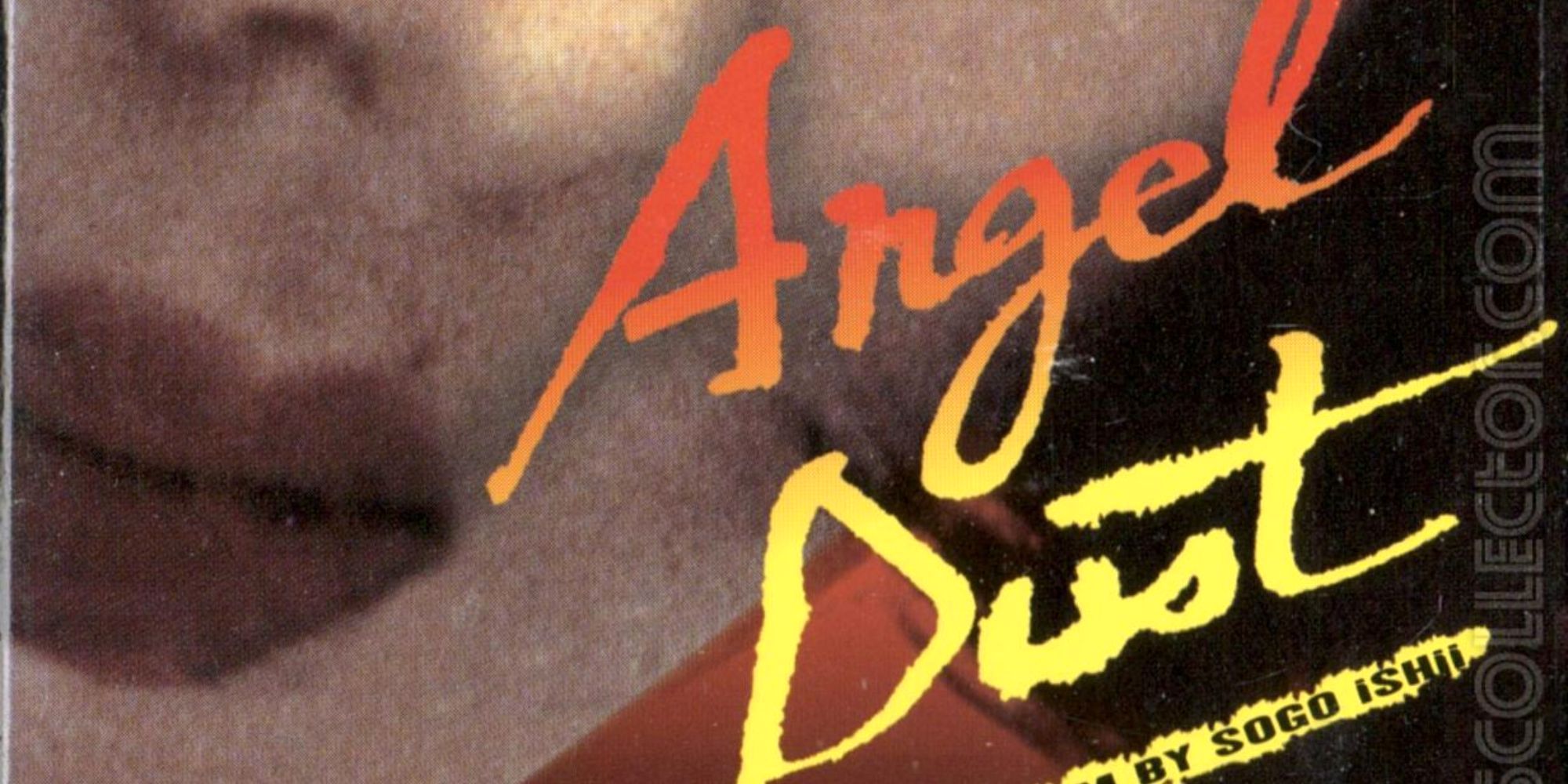
A forerunner of the Japanese cyberpunk movement, 1994's Angel Dust is a taut psychological horror film that borrows liberally from the mystery genre, always weaving the threads of its plot back into a web of terror. When psychiatrist Setsuko Suma joins the police investigation into a series of horrific serial murders in the subway, she soon begins to suspect that her former mentor may be the killer.
Angel Dust favors mood over gore, quiet creepiness over jump scares. It stands between mystery and horror with one foot firmly in each camp. For those interested in a more contemplative horror, it has much to offer, including exceptional style. Whether it's a horror movie with a happy ending is a another matter.
Midori
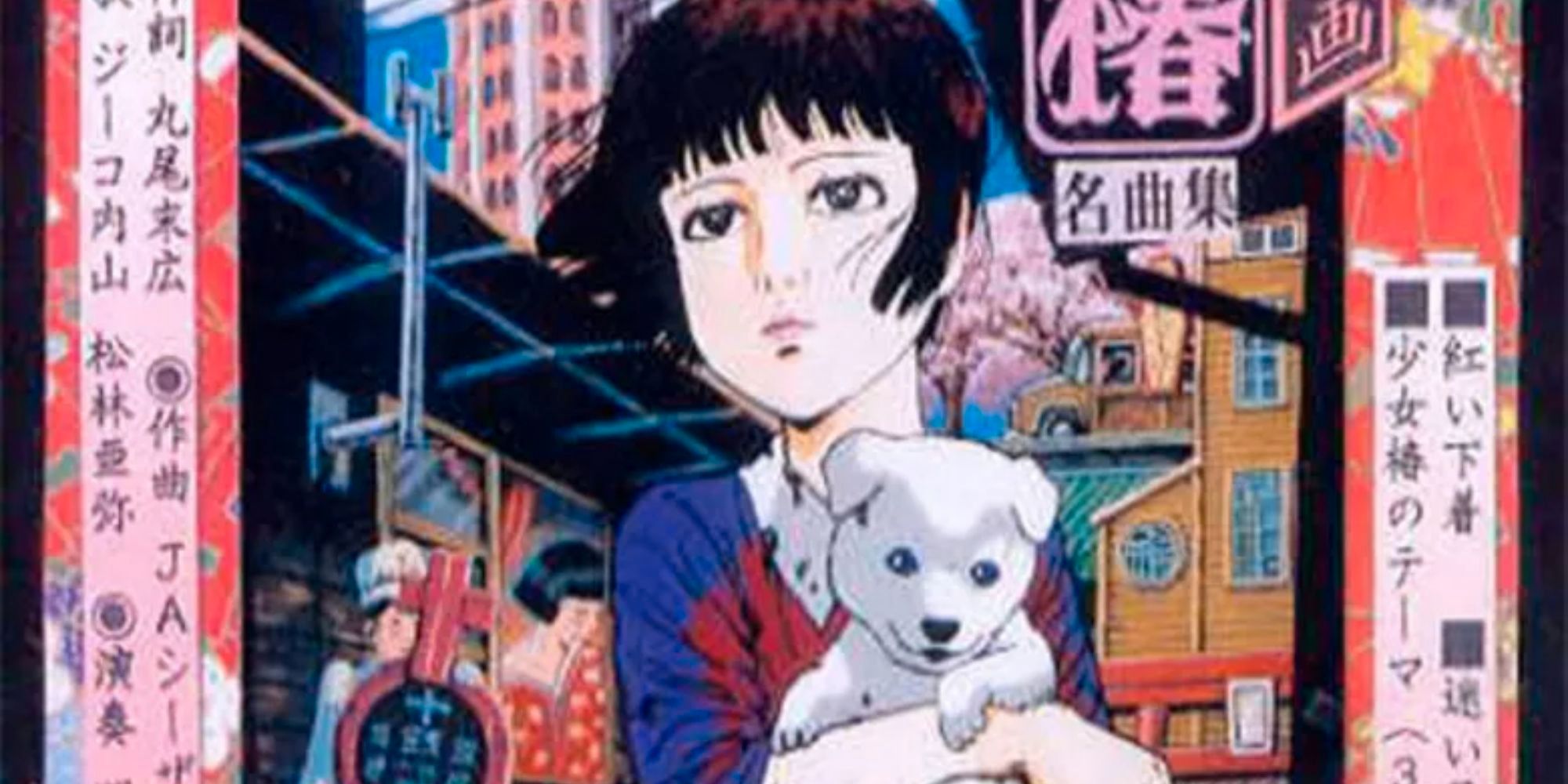
The titular Midori loses her mother and joins the freakshow in this horror anime. Written, animated, and directed by Hiroshi Harada, Midori is one of the most horrifying anime, and indeed works of fiction, to ever leave Japan. The abuses its protagonist suffers and is involved in warrant a litany of trigger warnings, and even those with strong constitutions might find their emotions better respected elsewhere.
It is undeniable, however, that both in mood and content Midori nears the pinnacle of horror. It may never be part of a bingeable horror franchise, but one cannot discuss 90s J-horror without mentioning Midori.
Kirie Eleison
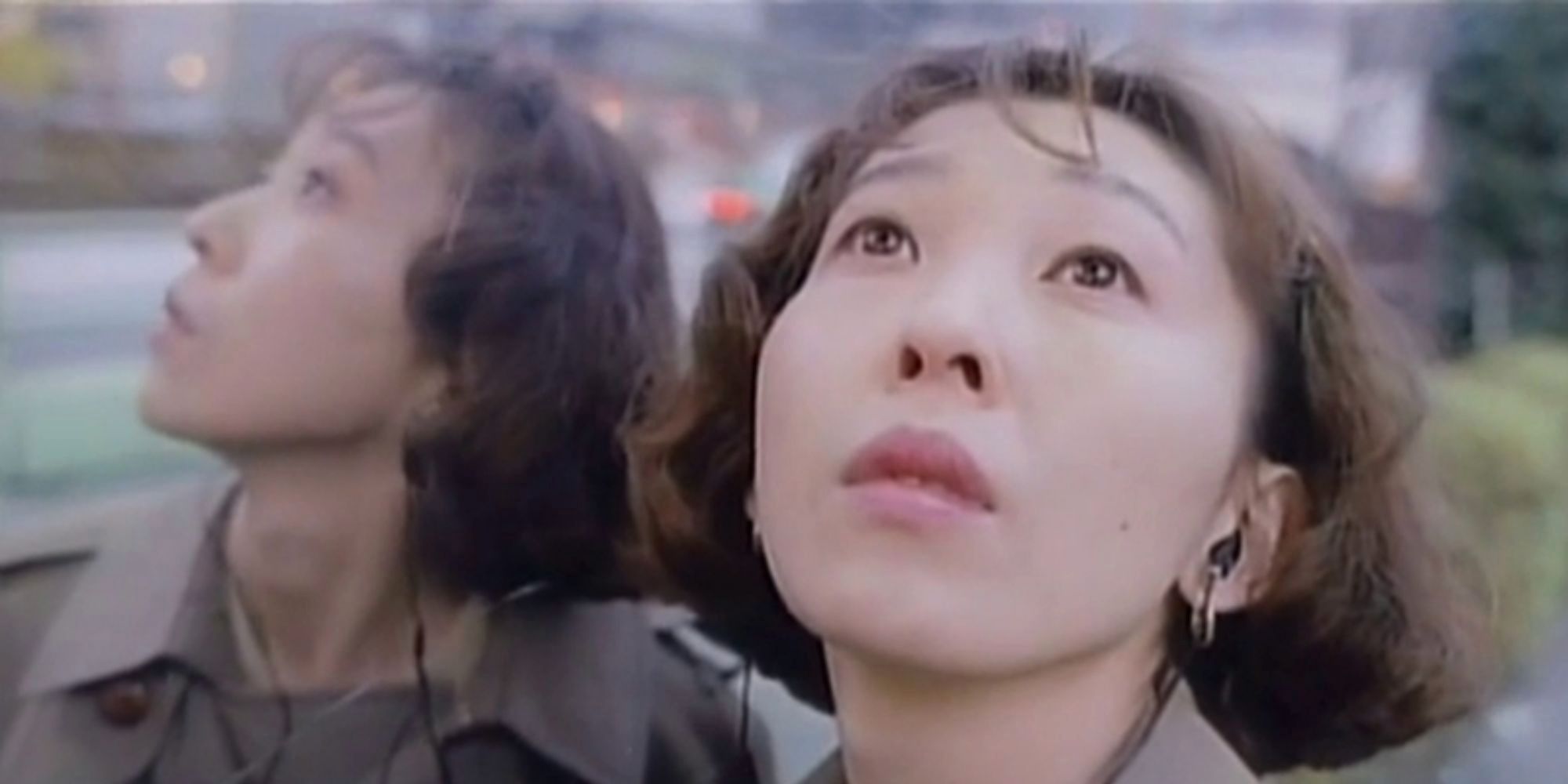
While not a pure psychological horror, Kirie Eleison draws liberally from the genre to maximize its ability to disturb. The film revolves around a medical researcher attempting to cure a man's seemingly psychosomatic symptoms with a series of experiments, including hypnotherapy. When the experiments don't provide the results she wants, the researcher moves on to other subjects, including herself.
Kirie Eleison is sleazy, paranoid horror. Its mix of eroticism, surveillance fears, and violence is not to everyone's taste, but Kirie Eleison does an excellent job of disconcerting its audience.
Don't Look Up
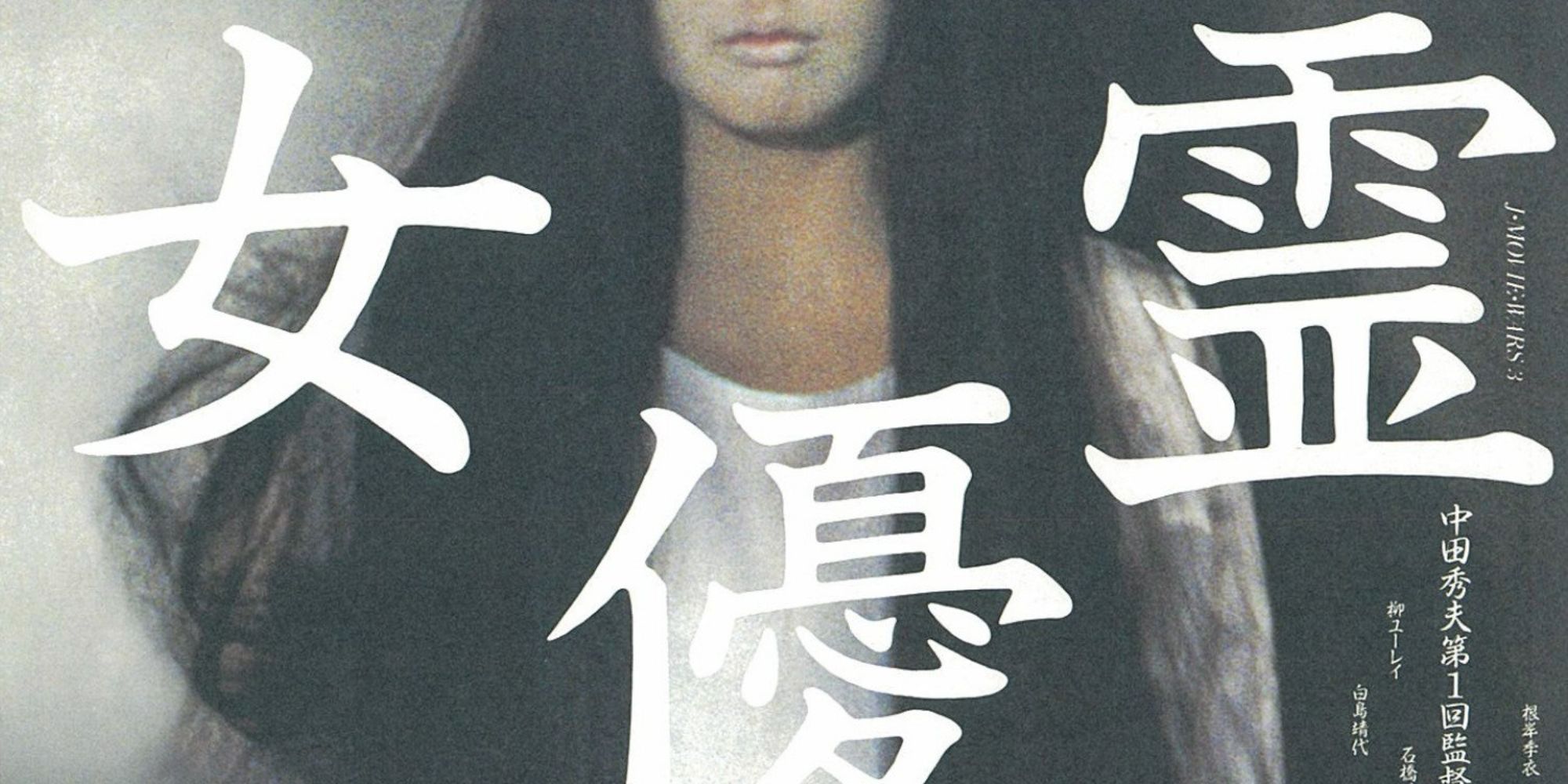
A meta-horror film, Don't Look Up takes place on a film set, following director Toshio as his war drama is plagued by disruptive supernatural occurrences. The director of Don't Look Up, Hideo Nakata, went on to become one of the most significant J-horror directors, presiding over such films as Dark Water and Ringu.
While not as famous as those that followed it, Don't Look Up is a smart, well-paced, and unnerving film, every bit as deserving of a watch. One can find echoes of its plot structure and moodiness in some of the best horror movies of the 2010s, proving that the success of this film long outlived the box office.
Evil Dead Trap 2
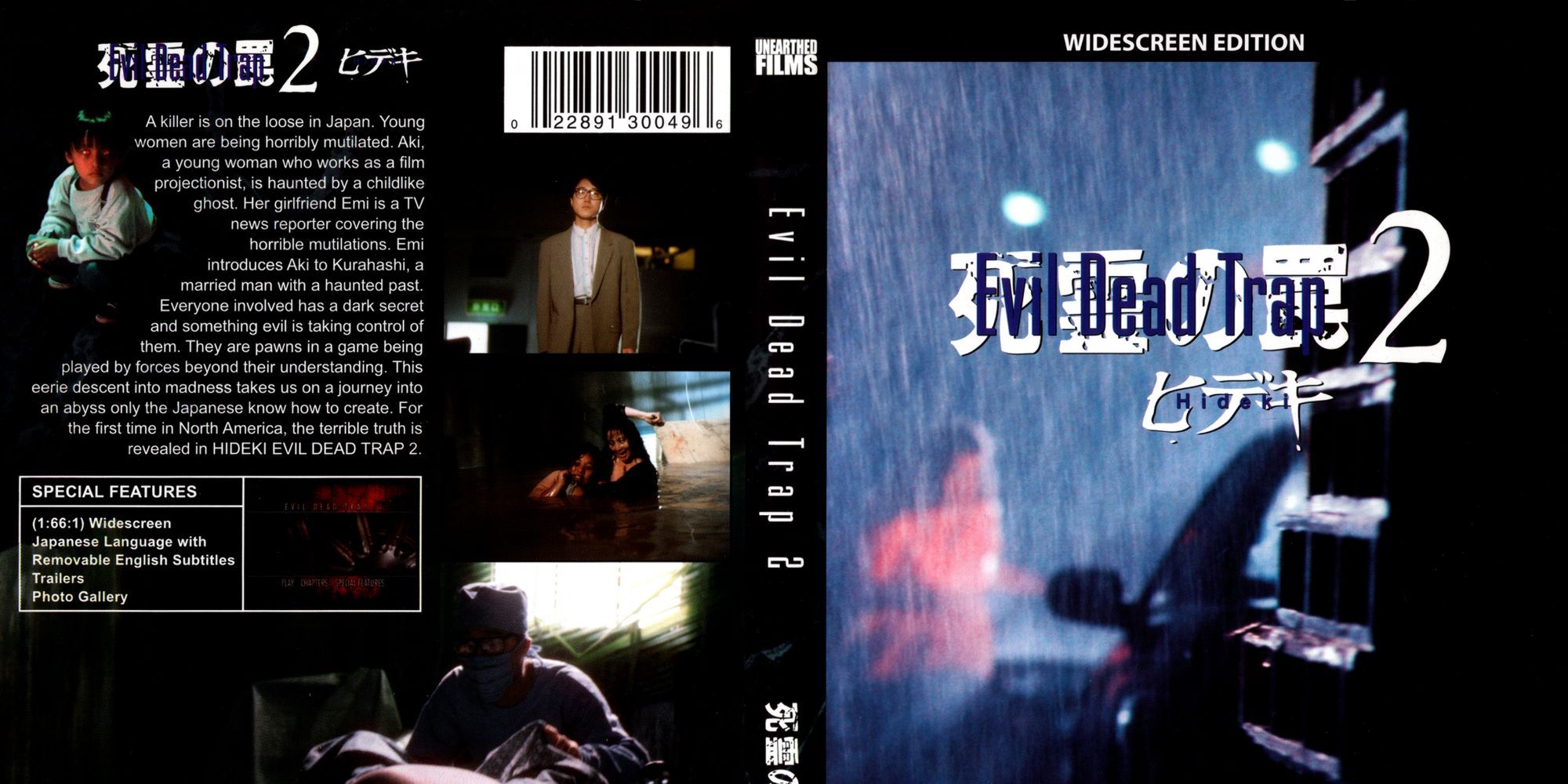
A surreal trip into hyperviolence by Izo Hashimoto, Evil Dead Trap 2 is the story of a woman haunted by the image of a young boy. Though unrelated to the Evil Dead franchise, Evil Dead Trap 2 mirrors it in at least one way, leaning into violence as its chief means of terrorizing viewers.
RELATED: Best RPG Maker Horror Games
Living in the middle of Venn diagram of Brian De Palma and Dario Argento, this film mixes occasionally exquisite cinematography and lighting with a willingness to paint every surface with blood. Evil Dead Trap 2 is quintessential J-horror, taking the styles of the masters and pouring them over lowbrow content until it's good enough to eat every bite.
Tetsuo II: Body Hammer
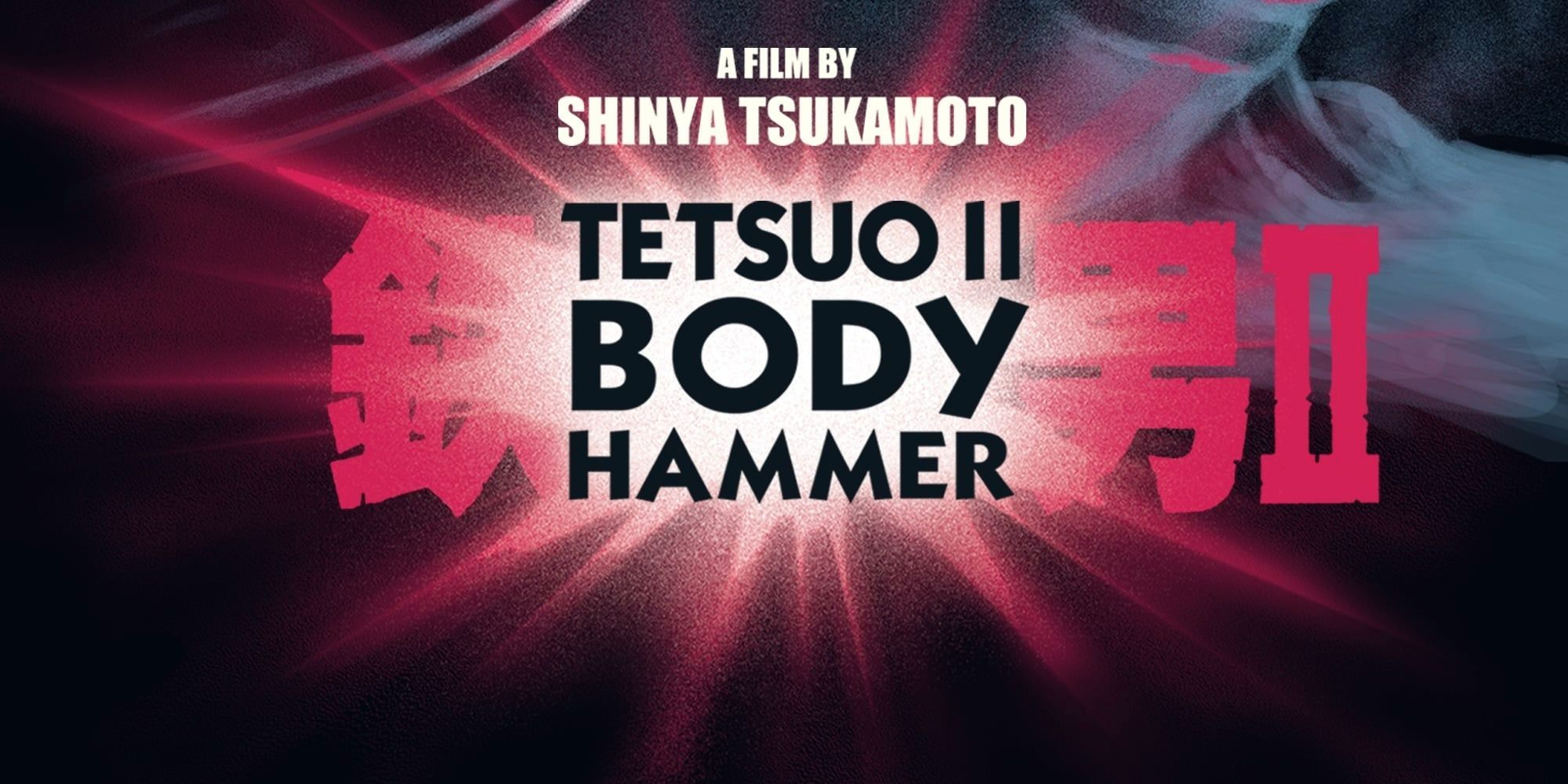
The sequel to cult classic horror film Tetsuo: The Iron Man, Tetsuo II: Body Hammer takes everything that was successful about the original and dials it up. Since what was successful about the original were violence and bizarre imagery, those are primarily what audiences should expect.
Possessing a certain grim flair that even the best modern slashers typically lack, the film uses incredible special effects to depict a man's transformation into a living weapon to combat the men who kidnapped his son. Techno body-horror at its flashiest, Tetsuo II: Body Hammer lives to surprise.
Ringu
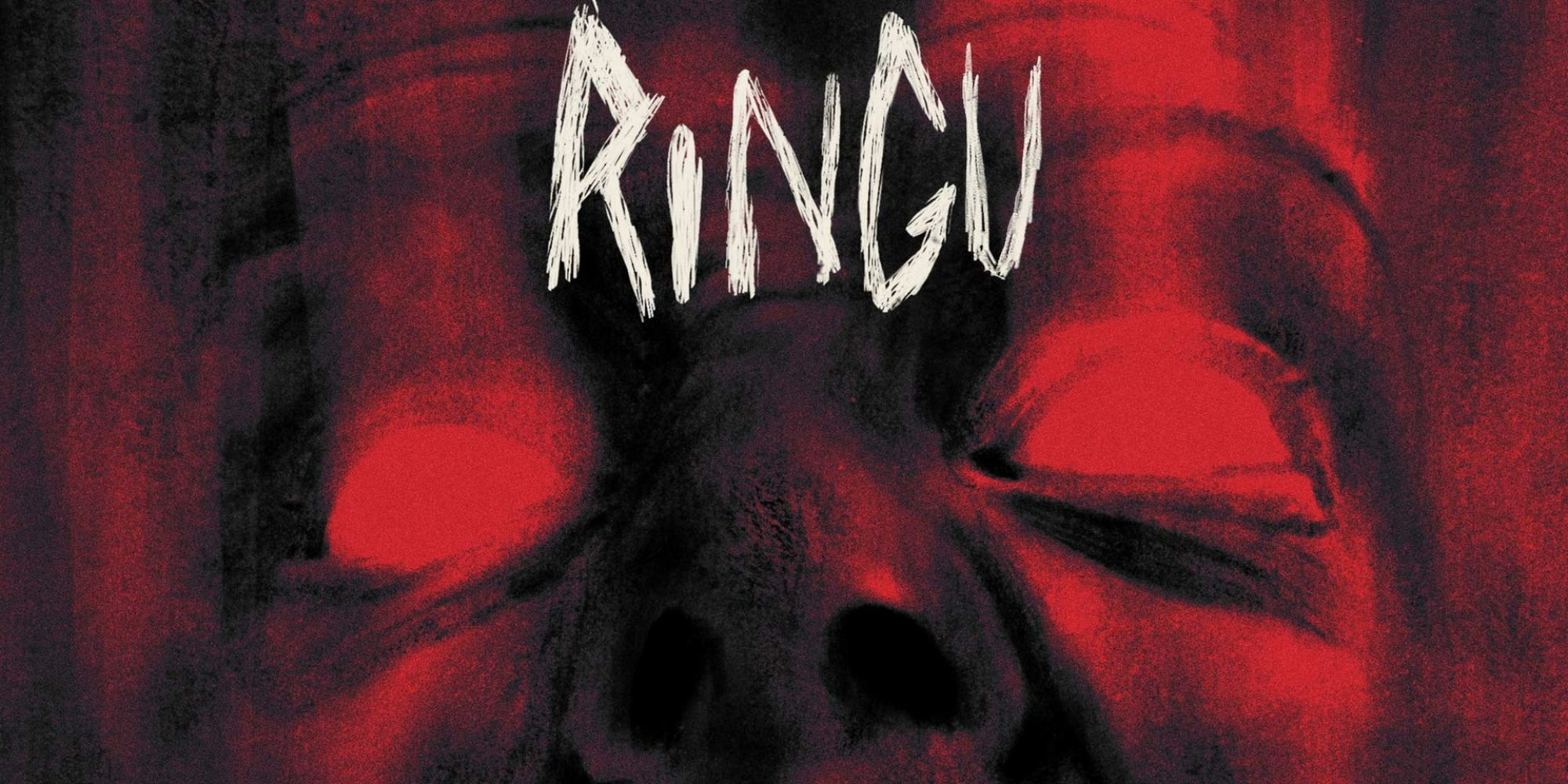
Many are familiar with its 2002 English version The Ring, but 1998's original Ringu trumps its the remake in every way. In both versions of the story, a cursed videotape kills anyone who watches it seven days after viewing it. It is from this simple, absurd premise that Ringu builds horror greatness. Like all cursed items of lore and urban legend, the videotape itself is hyped up until one worries that its actual contents cannot possibly be as disconcerting as they are made out to be.
Unfortunately, they are, and Sadako's emergence from the well deserves every bit of its infamy. The brief videotape is a terrifying black-and-white horror film in itself. An elegant bit of meta-horror, Ringu wants viewers to fear the viewing experience itself, and it is a testament to the film's brilliant delivery that many do.
Cure
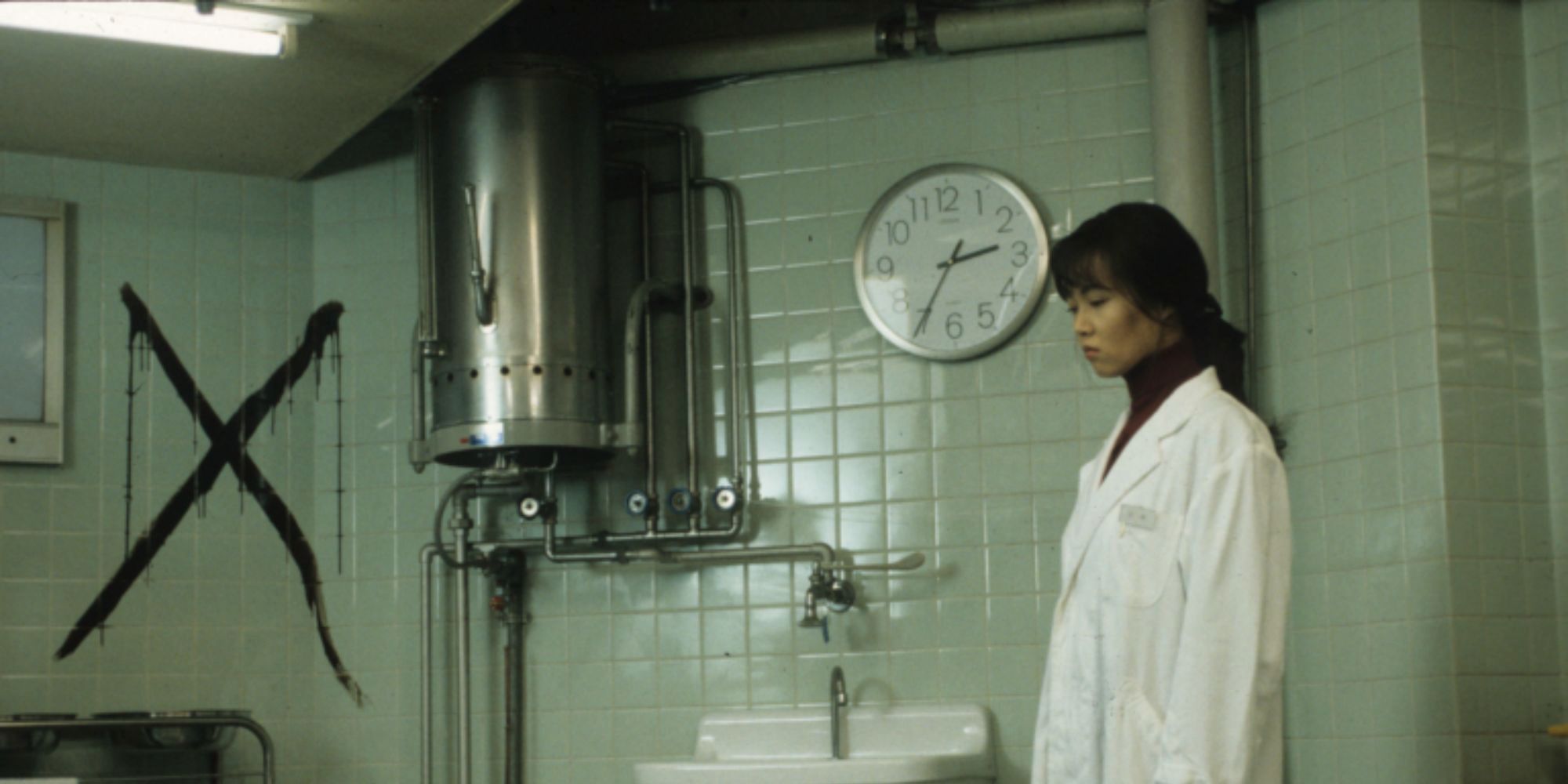
Kiyoshi Kurosawa's 1997 film Cure is a Tokyo detective story unlike any other. While its basic premise of detectives on the hunt of a serial killer is familiar, its stylized execution crackles with such energy that the film immediately stands apart.
RELATED: 2021 Horror Movies That You Should Watch Right Now
In this film, victims with X's carved into their necks begin to appear, and a murderer is always arrested near the scene, dazed and oblivious of having done anything wrong. Detectives and a psychiatrist must pair up to unravel the true killer's identity and just how these murders are taking place. Neither form nor function runs takes center stage in Cure; both elements work in glorious tandem to best serve the fiction.
Audition
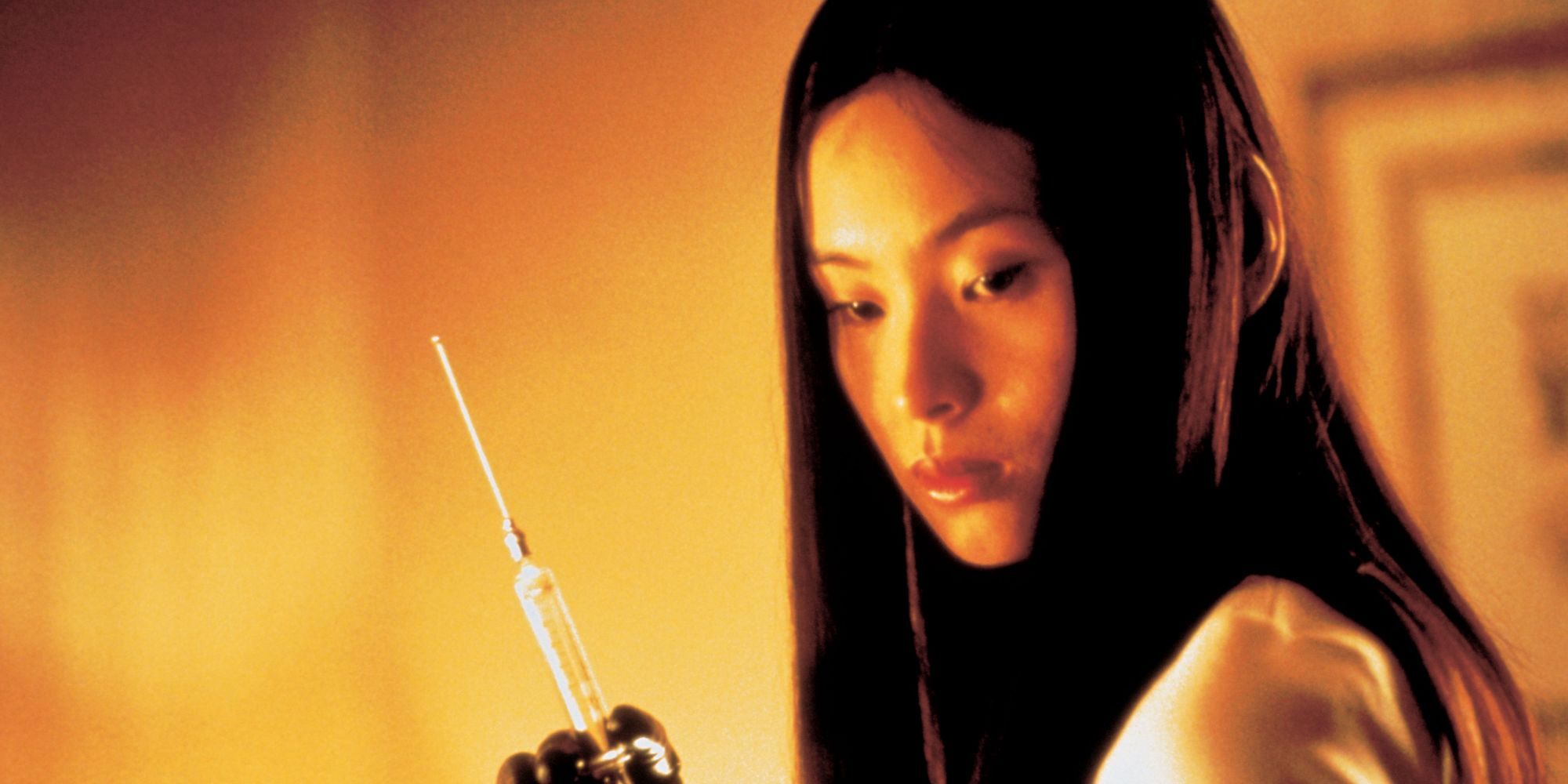
It's painful to move on from cherished relationships, but sometimes the remedy is more painful than the cure, as Audition demonstrates. A widower struggling to get past his relationship with his late wife turns to a filmmaker friend, who promises to solve the widower's problem with a casting call. The widower cannot believe his luck, for at the casting call he meets a beautiful and enigmatic young woman.
Audition is shocking, sexual, and explosively violent, the kind of film that rattles around in one's mind at night and keeps sleep far away. Elegantly directed, perfectly cast, and mean, Audition is not for meek filmgoers, but it rewards those with the stomach to view it.

